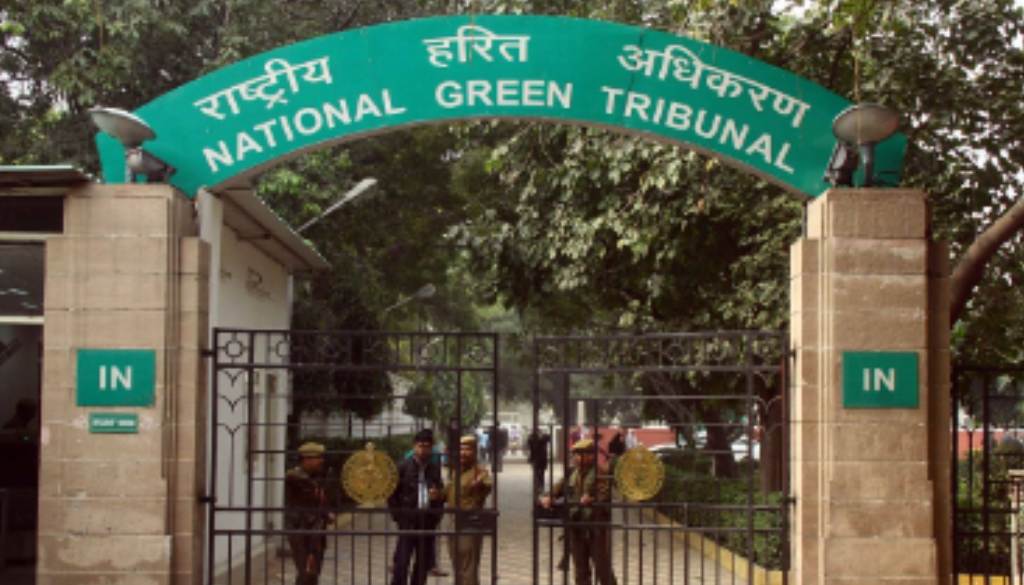[ad_1]
Baner, 13th September 2024: The Supreme Court has overturned the National Green Tribunal’s (NGT) decision to shut down the Pune Municipal Corporation’s (PMC) garbage processing plant in Baner. In a ruling on Thursday, the apex court set aside both the NGT’s October 27, 2020 judgment and a subsequent December 22, 2020 order that had dismissed a review petition regarding the case.
The Supreme Court bench, consisting of Justices Bhushan R. Gavai, Prashant Kumar Mishra, and K.V. Viswanathan, ruled that the NGT had overstepped in ordering the plant’s closure. The court has now permitted the PMC and the contracted agency operating the facility to continue running it, provided they comply with a set of conditions designed to minimize any negative impact on nearby residents, particularly regarding foul odors.
The court stipulated several measures, including semi-annual audits by the National Environmental and Engineering Research Institute (NEERI), and adherence to the institute’s recommendations. These conditions are aimed at ensuring that the plant operates efficiently while mitigating any potential nuisances to the local population.
The original complaint against the plant, filed by Sus Road Baner Vikas Manch, was dismissed by the court. The bench observed that shutting down the plant would not serve the public interest but would, in fact, be detrimental. “Closing the plant would require organic waste from the western part of Pune to be transported across the city to Hadapsar in the east, which would inevitably cause more odor and inconvenience,” the judges noted.
PMC and Noble Exchange Environment Solution Pune LLP, the company contracted to run the plant, had both filed appeals challenging the NGT’s closure order and its refusal to review the judgment. Their defense centered on the fact that the garbage processing plant had been planned and authorized as part of the city’s development plan long before the surrounding residential areas received building permissions.
The court also took into account that various authorizations for the plant — including approvals from the Maharashtra Pollution Control Board and environmental clearance from the State Environmental Impact Assessment Authority — were obtained before the Solid Waste Management Rules of 2016 came into effect. “The tribunal’s ruling that the plant was subject to the 2016 rules was a clear error,” the bench remarked.
The Supreme Court stressed the importance of following NEERI’s recommendations to address issues at the plant, including the installation of an odor control system, using corrosion-resistant materials, and covering the slurry-making area to reduce bad smells. Additionally, the court called for improvements in transport logistics and the storage of waste, as well as frequent slurry analysis to manage food waste decomposition more effectively.
The bench also directed that by December 31, 2024, portable compactors with hook mechanisms should be installed to ensure waste does not come into contact with the ground. It further mandated the construction of a bitumen road leading to the waste segregation plant and the concreting of the reject area. A green cover of dense vegetation around the plant was also ordered to reduce its environmental impact.
Regarding the bio-diversity park near the plant, the court suggested that the state government consider planting a Miyawaki forest, which could act as “green lungs” for the area, enhancing environmental benefits for the surrounding communities.
[ad_2]
